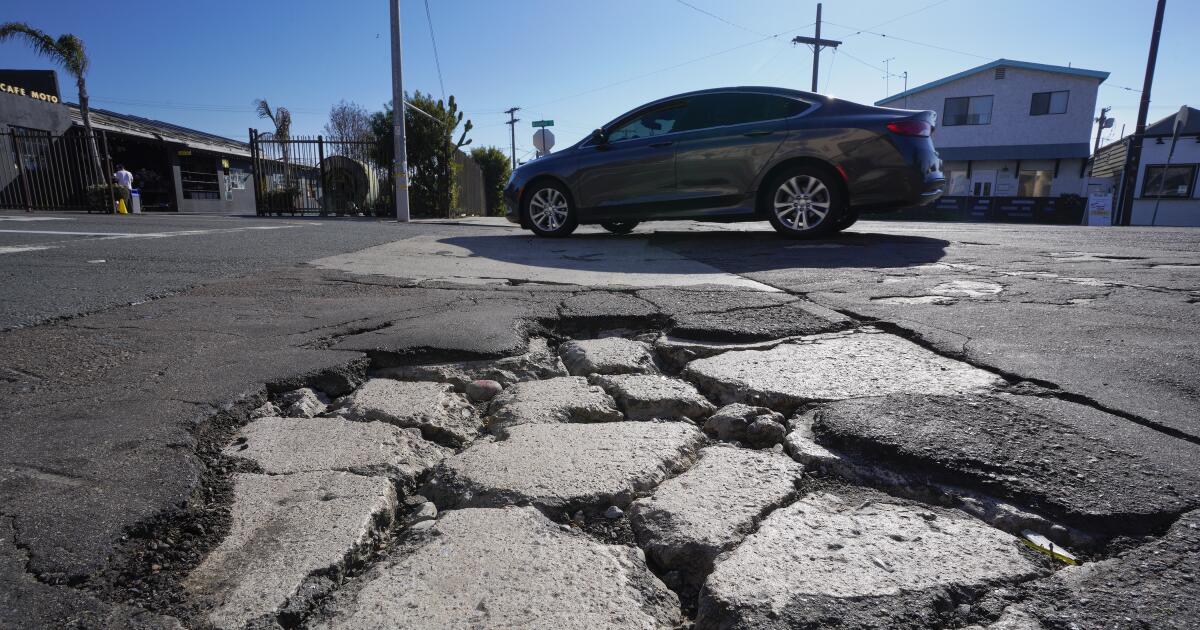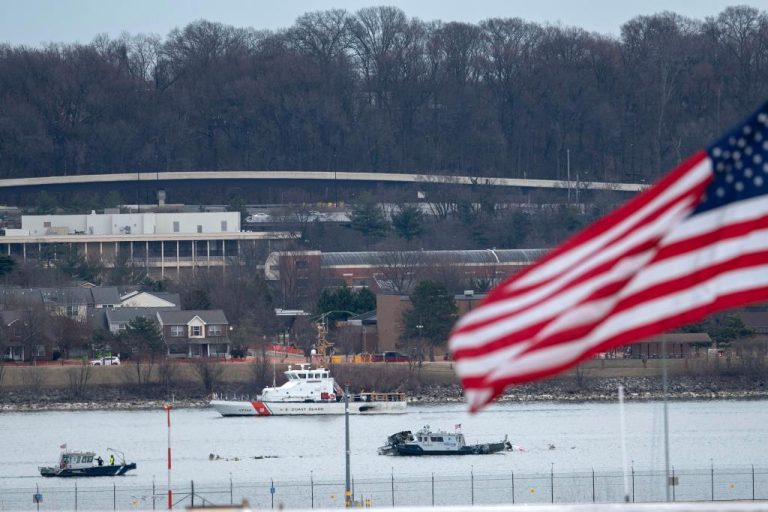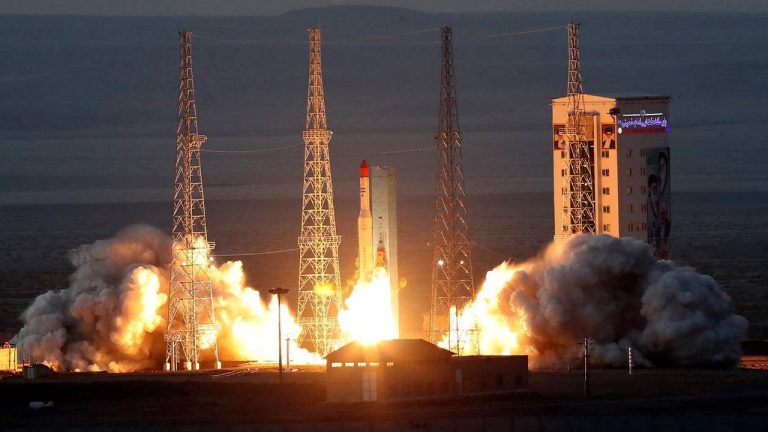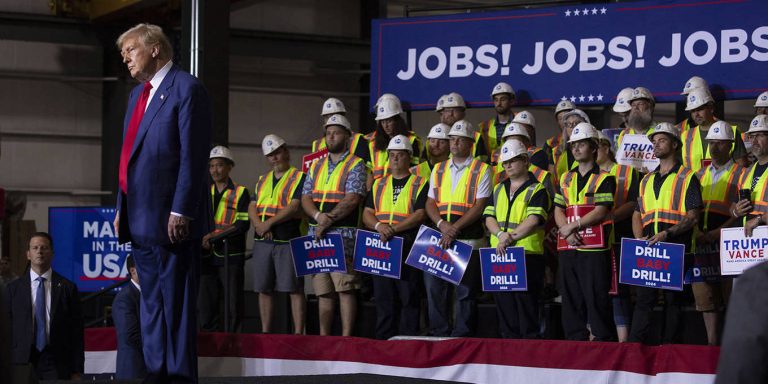

A proposed 1-cent sales tax increase in the city of San Diego took a key step toward the November ballot on Wednesday when it was unanimously endorsed by a City Council committee.
Councilmembers said $400 million in annual revenue from the increase would allow San Diego to shore up crumbling roads and infrastructure, which would boost property values and attract new businesses.
Critics said the proposed increase is ill-timed because residents already face inflation, high housing costs and rising energy bills. They also raised concerns about the city’s track record of mismanagement.
Council President Sean Elo-Rivera said opponents of the measure can’t escape the simple fact that San Diego doesn’t have enough revenue to provide the services and quality of life that residents expect and deserve.
“There are good, hard-working people who are concerned about the high cost of living in San Diego — that is fair,” he said. “But there is simply no way to raise the quality of life in this city without properly funding this city.”
Elo-Rivera also responded to critics who say San Diego doesn’t spend its revenue carefully enough.
“Study after study has shown there is no amount of efficiency or streamlining that will fill the gaps this city has as a result of decades of underinvestment,” he said.
While the Rules Committee endorsed the measure with a 5-0 vote, Councilmember Vivian Moreno said her support came with a sense of caution.
She said opting instead for an increase to the city’s hotel tax would shift the burden from local residents to tourists. She also expressed concern about other proposed tax increases on the November ballot, including a countywide half-cent sales tax increase.
“Asking voters to approve two sales tax increases in the same election is perhaps asking for too much,” she said.
City officials have also discussed placing a new flood tax on that ballot that would help pay for storm channel clearing and other flood prevention and water quality efforts.
Moreno said it would be crucial for Mayor Todd Gloria, who is spearheading the sales tax measure along with Councilmember Raul Campillo, to assure people the money will be spent on core priorities and be used to end a cycle of recurring city budget deficits.
“If we expect this tax to pass, I think the mayor absolutely must convince voters that the city is financially responsible enough to use this revenue to finally solve the structural budget deficit,” Moreno said.
The mayor said he’s ready to make the case.
“We have studies upon studies telling us precisely what we need to do to deliver the streets, storm drains, parks, libraries and police and fire services that San Diegans expect and deserve,” he told the committee. “It’s now time to take the data that we have and to take the plans that we have and to take action.”
The mayor said he thinks many residents are eager to see city leaders prioritize neighborhoods with a proposal like this.
“They want to see us care as much about their neighborhoods as they do,” he said.
Critics painted a different picture.
Shane Harris, a civil rights activist who lives in low-income Council District 4 in southeastern San Diego, said residents are already struggling with high rents and rising prices at grocery stores and pharmacies.
He also criticized the city for historically mismanaging revenue, including by spending hundreds of millions of dollars on an unusable skyscraper on Ash Street.
“The city’s longstanding mismanagement of taxpayer dollars, including under this administration, is the overwhelming cloud over this ask,” Harris said.
The San Diego County Taxpayers Association reiterated that it will oppose the measure unless there is a sunset clause forcing voters to approve it a second time after a few years.
Other critics said strong support for the sales tax measure from city labor unions should make voters concerned that much of the money would be spent on employee pay raises, not infrastructure projects and road paving.
Last year, San Diego gave most city workers pay raises totaling around 25 percent over three years.
Campillo said that argument is bogus, contending the unions support the measure because the workers they represent are keenly aware of how badly the city needs more money to shore up crumbling amenities.
On mismanagement, Campillo said the city’s recent priorities should give voters confidence.
“Public safety and infrastructure have never had a more supportive City Council or mayor,” he said.
On the possibility of shifting to a hotel tax instead of a sales tax, Campillo stressed that a 1 percent hotel tax hike would only generate $30 million per year — far less than the $400 million from a 1 percent sales tax hike.
The proposal would raise the city’s sales tax rate by a full cent, moving it from the lowest in the county at 7.75 percent to the highest at 8.75 percent.
But Campillo stressed that San Diego would only rise to the middle of the pack statewide. He also noted that San Diego’s tax rate is the lowest among the state’s 10 largest cities, far below the 10.25 percent rates in Oakland and Long Beach, 9.5 percent in Los Angeles and 9.375 percent in San Jose.
Campillo and Gloria also argued that the sales tax increase would actually save the city money by allowing officials to shore up crumbling roads and infrastructure at the most cost-effective time, instead of waiting for a crisis.
Councilmember Joe LaCava cited as examples five infrastructure projects now underway in La Jolla. He said each project is a storm drain repair being handled after a problem arose, instead of being handled proactively.
Wednesday’s committee vote means City Attorney Mara Elliott and the city’s independent budget analyst will begin crafting the proposed ballot measure.
They are expected to come back to the Rules Committee this spring for another vote, which would be followed by the full council possibly voting in July or August to place the measure on the November ballot.







